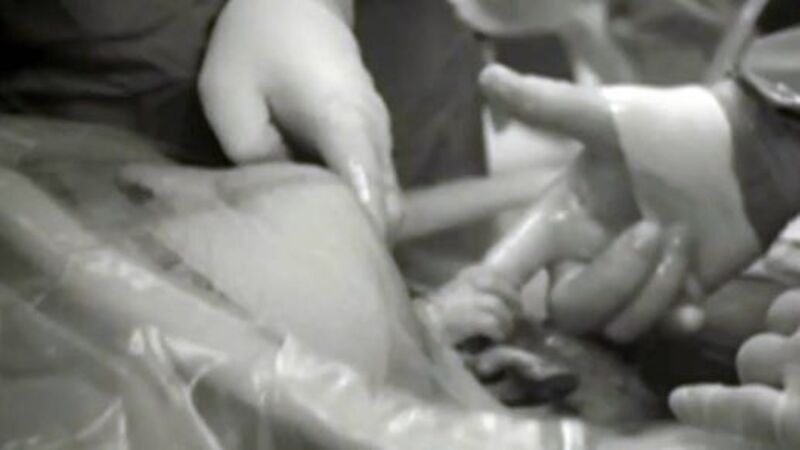New guidelines launched for caring for babies in womb

They are based on research published last year by Perinatal Ireland that challenged international practice for predicting risk or complication for small babies in the womb. Pregnant women whose babies in the womb are very low weight have to be monitored because of the risk to the child.
The new guidelines provide clear instructions on how to distinguish those “at risk” and encourage a consistent approach for all health practitioners with regards to what to do when presented with a small baby in the womb.













